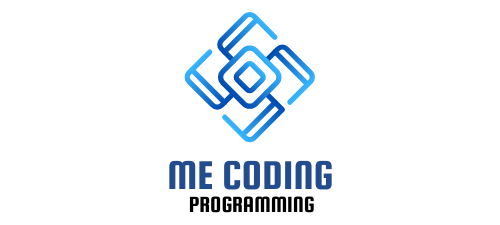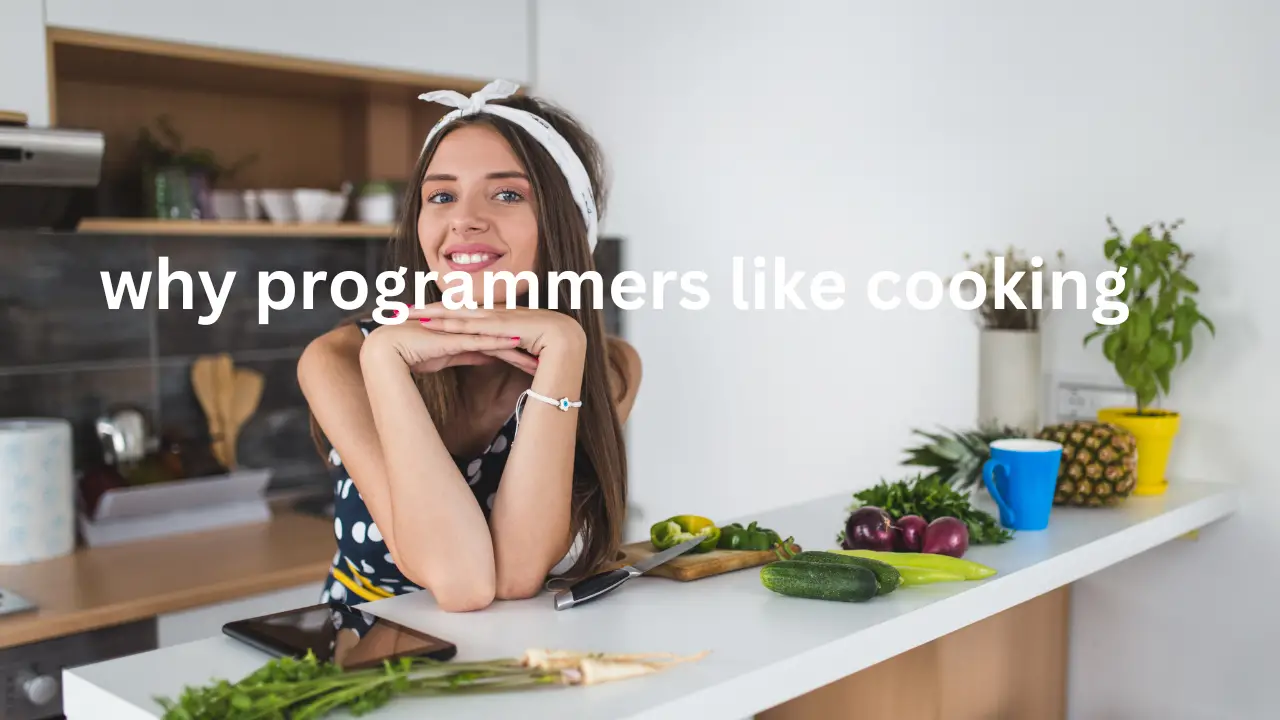In this modern age of technology, where programmers spend most of their time coding and debugging software, it may come as a surprise that many of them find solace and joy in an entirely different realm: the kitchen. Cooking, a seemingly unrelated discipline, appeals to programmers for various reasons. This article explores the intriguing connection between programming and cooking, shedding light on why these seemingly disparate activities often go hand in hand.
The Connection Between Programming and Cooking
At first glance, programming and cooking may appear to have little in common. However, a closer examination reveals striking parallels. Both disciplines involve following a set of instructions, experimenting with different ingredients or code snippets, and ultimately creating something from scratch. The structured nature of programming aligns with the systematic approach to cooking, making them more interconnected than one might think.
Creativity in Programming and Cooking
While some may view programming as a rigid and logical activity, programmers are often driven by their creative impulses. This creativity finds an outlet in cooking, where recipes act as a canvas for culinary innovation. Just as programmers come up with unique solutions to coding challenges, they enjoy exploring new flavors, experimenting with ingredients, and inventing their own recipes. Cooking allows programmers to unleash their imagination and satisfy their artistic cravings.
Problem-Solving Skills
Programmers are renowned for their problem-solving abilities. Whether it’s debugging code or optimizing algorithms, they possess a keen analytical mindset. This analytical thinking extends to the kitchen, where they encounter problems such as ingredient substitutions, cooking time adjustments, or troubleshooting culinary mishaps. Programmers approach these challenges with the same logical mindset, tackling them head-on and finding ingenious solutions.
Attention to Detail
In programming, attention to detail is paramount. A single misplaced character or a missed semicolon can cause an entire program to fail. Similarly, cooking demands meticulous attention to detail. From precise measurements to proper seasoning, programmers-turned-chefs excel at following recipes with meticulous accuracy, ensuring that every ingredient and step is executed flawlessly.
Patience and Precision
Programming requires patience, as developers often spend hours meticulously debugging code to eliminate errors. This patience translates beautifully into the culinary realm. The process of preparing intricate dishes often involves time-consuming tasks, such as marinating, slow cooking, or proofing dough. Programmers’ patience and dedication enable them to execute these culinary endeavors with precision and finesse.
Continuous Learning and Experimentation
The world of technology is ever-evolving, necessitating continuous learning and adaptation. Programmers have developed a growth mindset, always seeking to expand their knowledge and skills. Similarly, cooking offers an endless realm of possibilities for experimentation. Programmers embrace this opportunity, constantly exploring new techniques, flavors, and cuisines, broadening their culinary horizons with the same enthusiasm they bring to programming.
The Joy of Creating
Whether it’s crafting elegant code or preparing a delectable dish, programmers find immense joy in creating. The satisfaction derived from seeing a project come to life or presenting a beautifully plated meal brings a sense of accomplishment and fulfillment. The act of creation, be it in programming or cooking, nourishes their souls and serves as a reminder of their innate desire to build and shape the world around them.
The Art of Presentation
Programmers understand the importance of user experience and aesthetics in their work. Similarly, they appreciate the art of presentation in the culinary realm. From garnishing plates with precision to considering color combinations, programmers bring their eye for design and aesthetics to the table, elevating their culinary creations and making them visually appealing.
Collaboration and Teamwork
While programming often involves solitary work, programmers also thrive in collaborative settings. They understand the significance of effective teamwork and communication in achieving collective goals. Cooking provides a platform for collaboration, whether it’s preparing a meal with friends or participating in cooking competitions. Programmers bring their collaborative spirit to the kitchen, effortlessly working alongside others to create culinary masterpieces.
Stress Relief and Relaxation
Programming can be mentally taxing, with the constant pressure to deliver high-quality code under strict deadlines. Cooking serves as a much-needed escape from the digital realm, offering programmers a way to unwind and relax. The process of cooking can be therapeutic, providing a break from screens and allowing programmers to focus on a tangible, sensory experience that brings them joy and tranquility.
A Break from Digital Screens
In a world dominated by digital screens, programmers spend the majority of their time staring at monitors. Cooking presents a welcome respite from this constant exposure to screens. It allows programmers to engage in a hands-on activity that stimulates their senses, providing a balance between the digital and physical worlds.
Building Healthy Habits
Sitting for extended periods while coding can have adverse effects on one’s health. However, many programmers who enjoy cooking recognize the opportunity to prioritize their well-being. By preparing their meals, they can control the ingredients and make conscious choices to create nutritious and balanced dishes. Cooking empowers programmers to build healthier habits and take care of their bodies, complementing their sedentary work lifestyle.
Transferable Skills
The skills acquired through programming often extend beyond the realm of technology. Problem-solving, attention to detail, creativity, and collaboration are transferable skills that programmers can apply to various aspects of their lives, including cooking. By honing their culinary prowess, programmers enhance their overall skill set and broaden their abilities to thrive in different domains.
Conclusion
In conclusion, the affinity between programming and cooking runs deeper than one might initially assume. Programmers find solace, creativity, and personal growth in the culinary world. Cooking provides an avenue for programmers to exercise their problem-solving skills, attention to detail, and creativity while offering a break from digital screens. By embracing cooking, programmers embark on a journey that fosters relaxation, collaboration, and the satisfaction of creating something tangible. So, the next time you encounter a programmer, don’t be surprised if their love for coding is matched by their passion for cooking.
FAQs (Frequently Asked Questions)
- Do all programmers like cooking? Not all programmers share the same interests, so not every programmer may enjoy cooking. However, many programmers find cooking to be a fulfilling and enjoyable activity outside of their coding endeavors.
- How does cooking benefit programmers? Cooking provides programmers with a creative outlet, a break from digital screens, and an opportunity to develop problem-solving and attention to detail skills. It also offers a means of relaxation and promotes healthy habits.
- Can programming skills be applied to cooking? Yes, many skills acquired through programming, such as problem-solving, attention to detail, and creativity, can be applied to cooking. Programmers can leverage their logical thinking and systematic approach in the kitchen.
- Does cooking help programmers in their professional careers? While cooking may not directly impact a programmer’s professional career, it nurtures skills that can be transferred to different domains. The problem-solving, collaboration, and creativity fostered in cooking can contribute to their overall personal and professional growth.
- Is there a connection between programming and other hobbies? Programming often intersects with various hobbies and interests. The logical thinking and problem-solving skills acquired in programming can enhance performance in activities such as music, art, and even sports.

